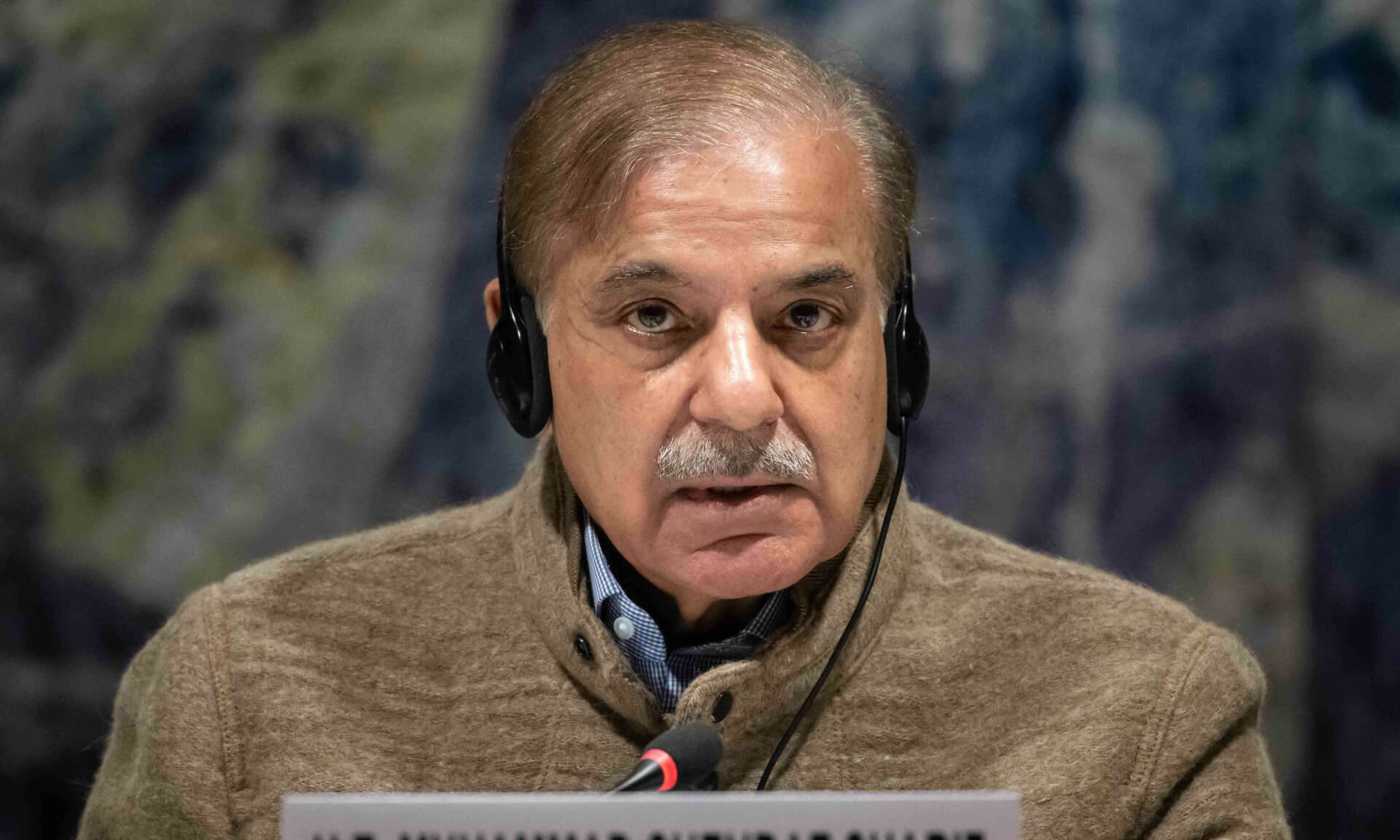Pakistan secured over $9 billion as aid from international donors during the UN International Conference on Resilient Pakistan in Geneva on Monday, which was co-hosted by Pakistani PM Shehbaz Sharif and UN chief António Guterres.
OVERVIEW
Representatives of over 40 countries participated in Monday’s daylong conference. Private donors and officials from international financial institutions also attended the discussions.
During the first plenary session, donors pledged $8.57 billion. The World Bank provided around $2 billion and the Islamic Development Bank promised to donate a whopping $4.2 billion. In addition, the Asian Development Bank vowed to give Islamabad $1.5 billion.
The EU, France, China, USAID, Germany, and Japan would provide the remaining funds.
The International Conference on Climate Resilient Pakistan was co-hosted by the @GovtofPakistan & @UN on 9 January 2023, in Geneva, in the backdrop of the devastating floods in 🇵🇰 in 2022.
— Spokesperson 🇵🇰 MoFA (@ForeignOfficePk) January 9, 2023
👇🏼🔗 link for brief summary of various aspects of the conferencehttps://t.co/W7l5t0rFuA
Islamabad secured over $2 billion during the second session, which the donors will deploy over the next three years. Saudi Arabia and the Asian Infrastructure Investment Bank pledged $1 billion each. Other countries, including the UK, Azerbaijan, Canada, Qatar, and Sweden, vowed to give Pakistan smaller amounts for its recovery.
Islamabad’s success in securing the amount comes as a significant sign of relief, given that it sought at least half of the $16 billion required to rehabilitate, recover, and reconstruct the damage caused by last year’s floods from international donors. Pakistan has previously said it was ready to pay for half the recovery costs.
Pakistani Deputy FM Hina Rabbani Khar said that the $9 billion is in addition to what has already been pledged as humanitarian assistance.
At the Intl Conference on #ResilientPakistan @vonderleyen announced support to the reconstruction of Pakistan of over €500 million from #TeamEurope. The EU & its Member States were among the 1st to react when the floods hit. "We stood by you then & we show our solidarity today." pic.twitter.com/s37jfsQp9E
— EU at the UN - Geneva #MultilateralismMatters (@EU_UNGeneva) January 9, 2023
CALLS FOR FUNDING AT THE CONFERENCE
During his opening address, Sharif advocated for a “new coalition of the willing” in the international community, which can “save lives” and put the donors “on a path to responsible global citizenship.” Urging the attendees to unite in providing Islamabad with at least $8 billion as aid, he said that Monday’s conference was “another chance” for Pakistanis.
Similarly, Pakistani Finance Minister Ishaq Dar said the donations would help with post-flood recovery and create favourable conditions to implement the IMF’s fiscal and debt sustainability recommendations. Accordingly, Dar urged international partners to facilitate “debt swaps” that will “free up resources” to spend on pressing issues such as health, education, and infrastructure.
Prime Minister Muhammad Shehbaz Sharif addressing the International Conference on #ResilientPakistan being held in the Palais des Nations in Geneva, Switzerland. 9th of January, 2023.#PMShehbazinGeneva pic.twitter.com/H7WsuWfheP
— PML(N) (@pmln_org) January 9, 2023
Meanwhile, UN Secretary-General Guterres called for “massive investments” and a “heroic response” to strengthen the Pakistani community. “Pakistan is doubly victimised by climate chaos and a morally bankrupt global financial system,” the UN chief added.
In addition, Guterres called for significant reforms of the “biased” international financial system, allowing poorer and more vulnerable countries to secure funds from richer countries expeditiously.
Guterres and Sharif also jointly presented a document called “Resilient Recovery, Rehabilitation, and Reconstruction Framework”, or the 4RF. The framework delineates a two-point plan: First, it calls for $16.3 billion in aid from the international community over the next three years for rehabilitation and reconstruction. Second, the 4RF will seek a $13.5 billion investment to help build climate-resilient infrastructure.
PAKISTAN’S VULNERABILITY TO CLIMATE CHANGE
In September 2022, Pakistan witnessed record-breaking torrential rains and melting glaciers, which caused floods that displaced over 8 million people and killed at least 1,700. In an op-ed for The Guardian published last week, PM Sharif highlighted that several regions in Sindh and Balochistan “remain inundated,” with the flooded areas looking like “a huge series of permanent lakes.”
My heart broke when I saw the devastation of the floods in Pakistan last year.
— António Guterres (@antonioguterres) January 9, 2023
But the Pakistani people showed heroic humanity.
The international community must match their resilience with investments to strengthen their communities for the future. https://t.co/PhGXXkGNlw pic.twitter.com/9md3Q6Q0lE
The Global Climate Risk Index indicates that while Pakistan is one of the top 10 most vulnerable countries to climate change, it has contributed less than 1% to global greenhouse gas emissions.
However, in December, the UN said that while Pakistan called for $816 million in urgent aid, the international community managed to give the disaster-hit country merely $262 million, which is 32% of the asked amount.
Pakistan has also turned to its allies, such as Saudi Arabia and China, and the IMF for financial assistance as its foreign reserves plummeted to less than $6 billion last year.

